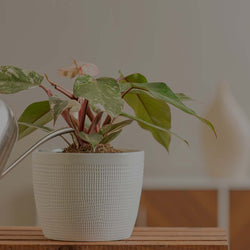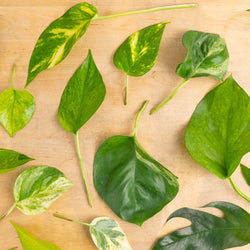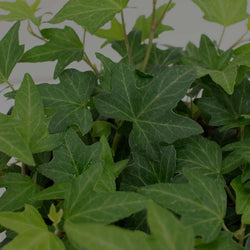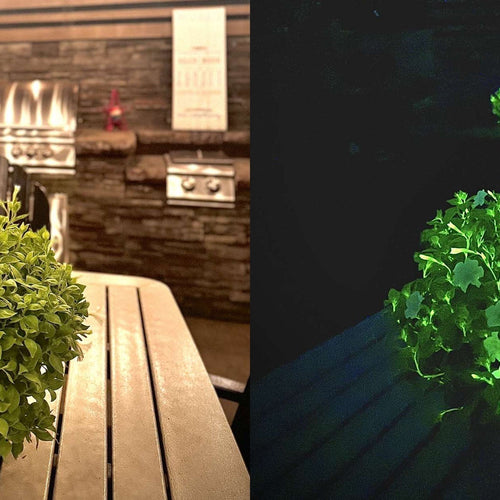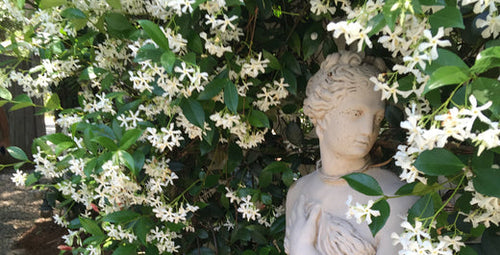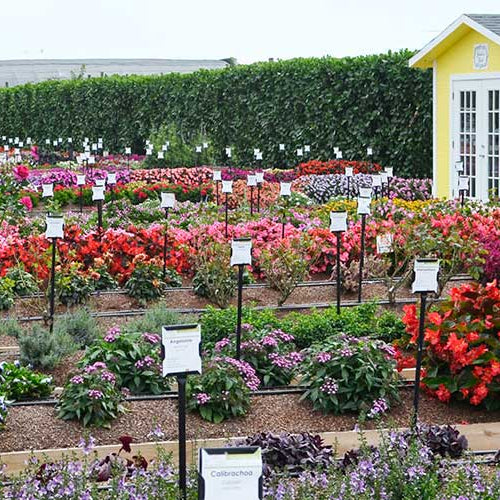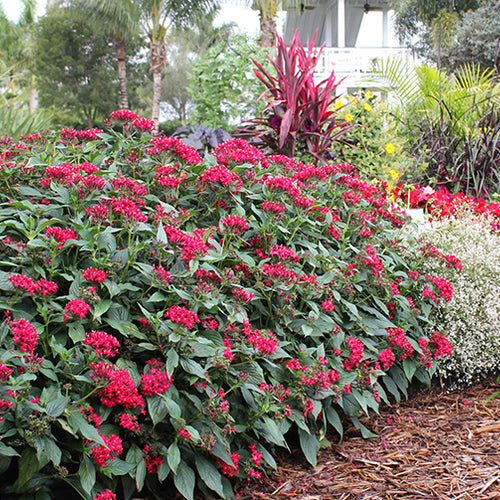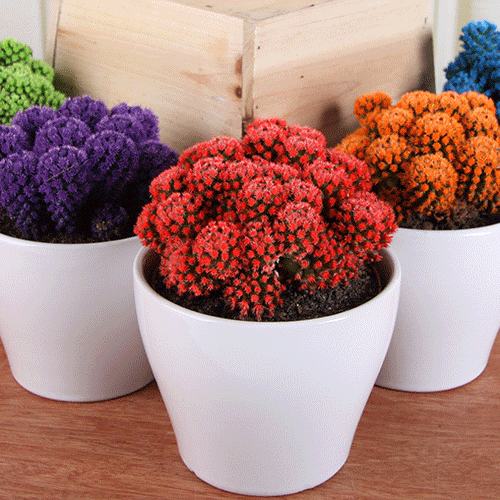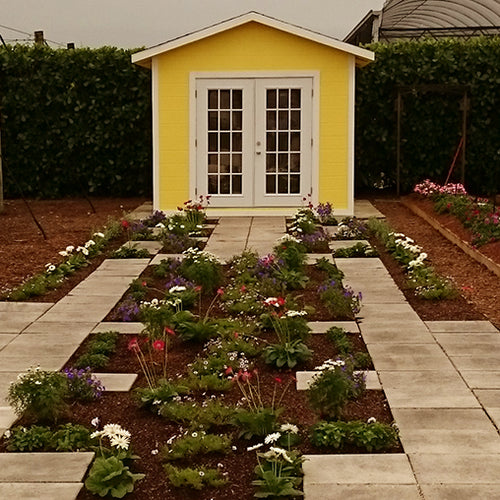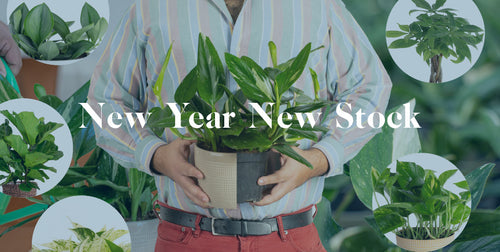Here at Costa Farms, we’re passionate about growing plants. It’s what we do all day, every day. But it’s not the only thing we do. Costa Farms, as a company and as a family of individuals, works hard to give back and support the communities around us. As a plant company, it’s also important to us to step up and do our part to be green. If you’re curious about Costa Farms, here is a look at some of the things we do behind the scenes – from environmental stewardship, to process sustainability, to social responsibility.
Costa Farms and Environmental Stewardship
As you might guess, the environment is important to us as a farm that grows houseplants, annuals, and perennials. We’re always looking at ways that we can reduce our carbon footprint and environmental impact.
Back in 2015, we added more than 800 solar panels to our headquarters building, as well as a couple of other large buildings. Here in sunny Miami, that big investment is paying off: The solar panels are reducing our carbon dioxide emissions by almost half a million pounds per year (the equivalent of planting about 56 acres of trees!). Solar power is responsible for nearly 25 percent of our power usage -- and we’re planning to add more panels to other buildings.
We’ve changed our potting mix from peat moss (an arguably non-renewable resource) to coconut coir and shredded wood fibers (a byproduct of the lumber industry that would otherwise go to waste). Peat bogs form over hundreds of years, so any peat we would harvest won’t be regenerated in our lifetime. Coconut coir, on the other hand, is made from coconuts and is a byproduct of the coconut industry. By using coconut coir and wood, we’re reducing waste.
Additionally, Costa Farms has an intense recycling program. We recycle more than nearly half a million dollars in cardboard and plastic a year -- both from our farm and materials we pick up from our retail customers. This reduces carbon emissions by nearly 300,000 pounds.
This year we received the Agricultural-Environmental Leadership Award from the Florida Commissioner of Agriculture for our efforts. These efforts also include setting aside land; we have 34 acres of conservation easements and 60 acres of protected wetlands. And our water-use program conserves water and reduces fertilizer leaching into the ground.
Costa Farms Sustainability
Our growers are always looking at how we can improve sustainability of our growing practices, too. One way they do this is by continually fine-turning our IPM (integrated pest management) program. IPM brings together a variety of practices that come together to become more efficient, effective, and environmentally friendly. For example, we’re investing more in scouting for pests, so we catch problems early and just affect a few plants. This cuts down on the number of plants we have to treat for problems, reducing our pesticide use.
Whenever possible, our growers are switching to biological controls for pests and diseases, as well. For example, rather than using a pesticide, we’re using beneficial insects that attack the harmful bugs.
Costa Farms and Social Responsibility
It’s important for us to give back to the communities around our farms. We work with a variety of nonprofit organizations, donating everything from plants and labor to money. For example, we recently worked with Communities in Bloom, a Miami-based organization that looks to create and enhance green spaces, we support a variety of organizations promoting human rights in Cuba, and back a program working on cancer research.
At our South Carolina Farm, we partner with a local university to host a free health fair , giving folks that might not otherwise have access to it free health care screenings. And in Homestead, Florida, we’ve donated nearly a million dollars to fund a healthcare clinic for migrant workers.
Internally, we’ve partnered with Alfalit International, and through a free, nine-month program, we help teach basic reading and math skills to those lacking. We've had more than 600 team members graduate from this program. Classes come at no cost to our students and are done during work hours, so they're paid to learn.
And to promote the future, Costa Farms offers a scholarship program, which has to date, provided more than $650,000 to the education of more than 100 youngsters (as well as our employees looking to further their personal educational development).
So as you can see, here at Costa Farms, we do more than just grow plants – we’re trying to do our part to make the world a better place.Written by Justin Hancock
